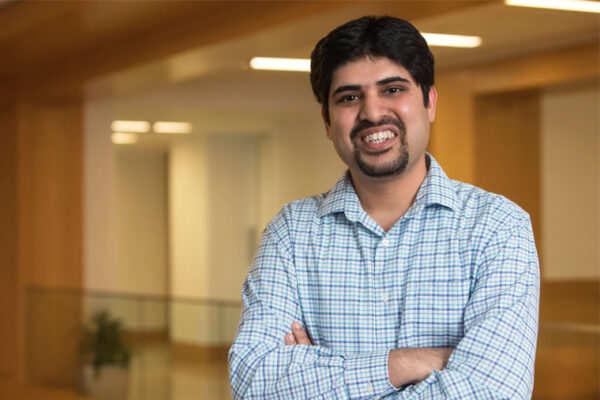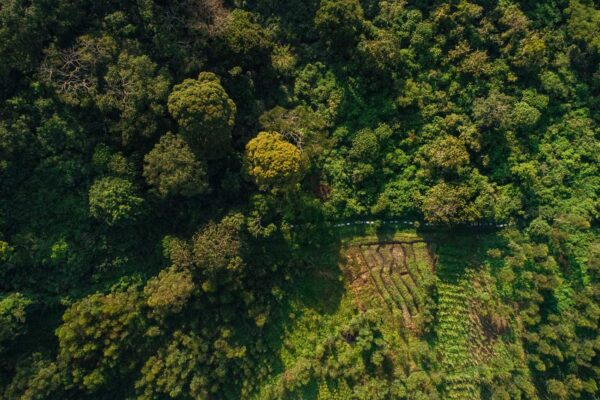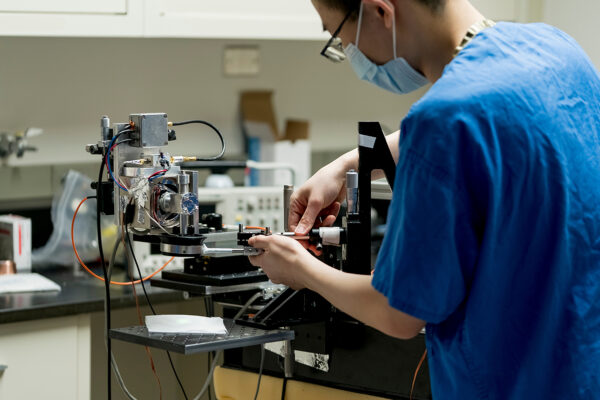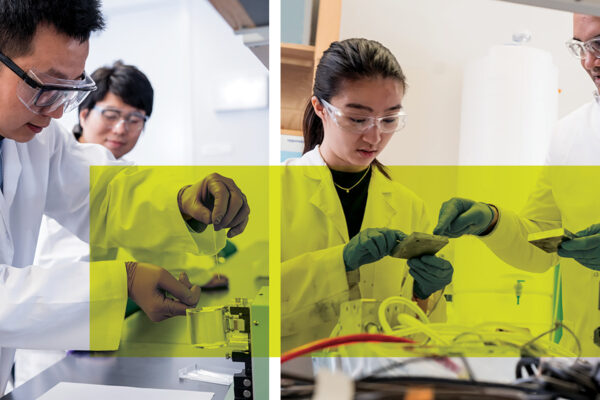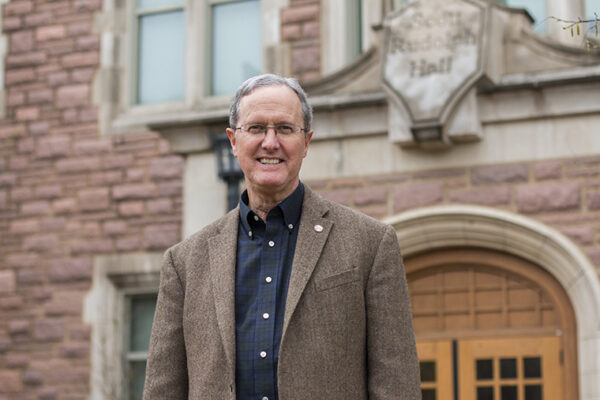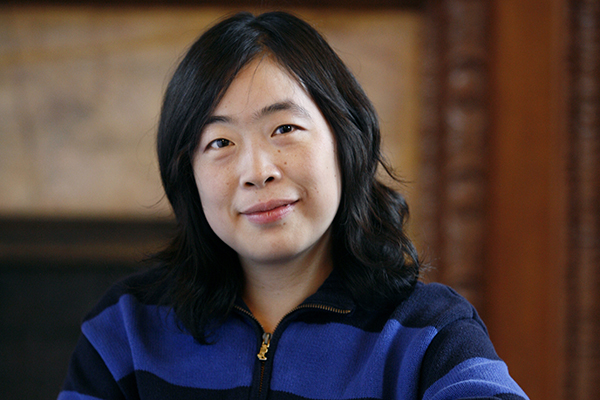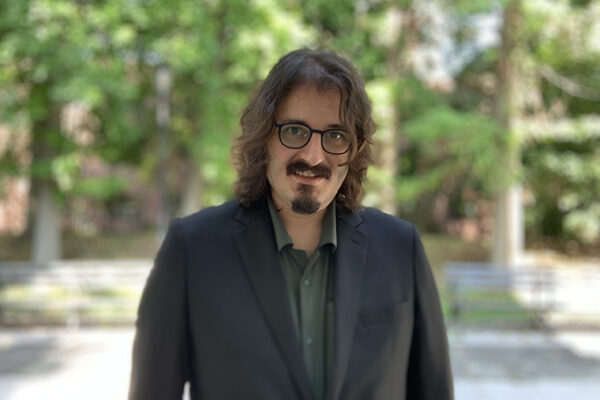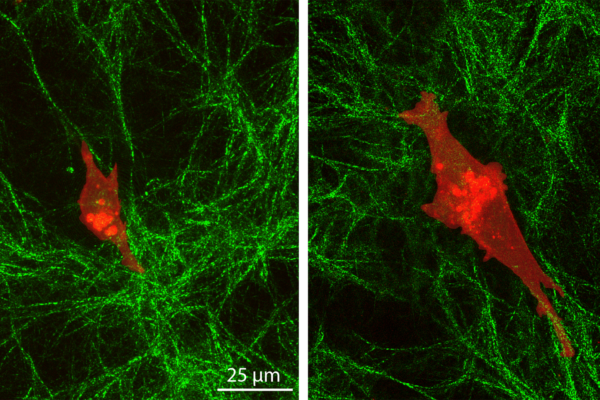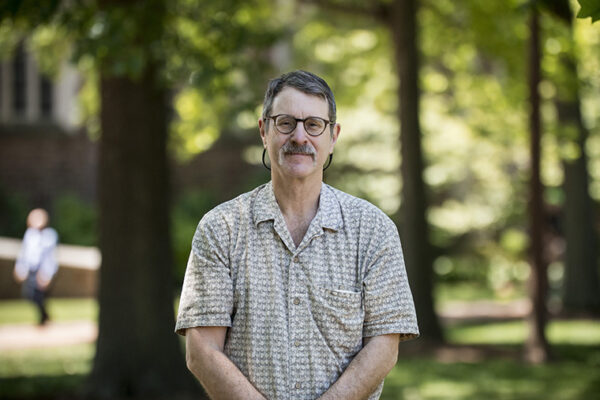Distinguishing real from fake in the age of synthetic images
Abhinav Jha, an assistant professor at the McKelvey School of Engineering and the School of Medicine, and his collaborators developed and evaluated two methods to quantitatively determine the realism of synthetic, or computer-generated, medical images.
Our future hangs in the balance: climate change and biodiversity loss
The Earth is facing two interconnected crises — loss of biodiversity and climate change. Each separately is an enormous threat to life on this planet. However, together they are fueling each other, creating a worsening downward spiral.
New imaging technology may reduce surgeries for rectal cancer patients
Quing Zhu, at the McKelvey School of Engineering, and Matthew Mutch, MD, at the School of Medicine, have been working together to develop a new imaging technology that can help doctors determine which colorectal cancer patients’ treatments have been successful, helping some to avoid surgery. Their efforts received a $1.75 million National Institutes of Health (NIH) grant.
A warming world needs better batteries
For the green energy revolution to be successful, scientists must develop more cost-effective and sustainable battery technologies. Researchers in the McKelvey School of Engineering are spending their energy on just that.
Next steps in returning people to the Moon
“As we leave the Moon at Taurus-Littrow, we leave as we came and, God willing, as we shall return, with peace and hope for all mankind.” These were the words of Apollo 17 astronaut Eugene Cernan just over 50 years ago as he and fellow astronaut Harrison Schmitt departed from the lunar surface for the […]
Yang elected senior member of National Academy of Inventors
Lan Yang, the Edwin H. & Florence G. Skinner Professor at the McKelvey School of Engineering, has been elected a senior member of the National Academy of Inventors. She is among 95 new senior members who will be honored in June at the NAI’s annual meeting,
Physicist Daylan selected for NASA open-science effort
Tansu Daylan, an assistant professor of physics in Arts & Sciences, will develop curriculum for enhanced reproducibility and equity in exoplanet research.
Cancer cells penetrate deep into their environment
Researchers from the laboratory of Amit Pathak at the McKelvey School of Engineering found that cancer cells can sense a layer of cells beneath the top collagen layer on which they normally travel, while normal cells cannot. Their new study was published in Cell Reports.
WashU faculty awarded Taylor Geospatial Institute seed grants
Faculty from Arts & Sciences, the McKelvey School of Engineering and the School of Medicine received seed grants and other funding from the Taylor Geospatial Institute totaling more than $950,000. The grants are designed to encourage collaborative research and provide resources to advance geospatial science through innovative projects.
Forum to explain science behind reports of radioactive substances
Lee Sobotka, a professor of chemistry and of physics in Arts & Sciences, will moderate an April 26 technical forum to explain the science behind recent reports of radioactive substances at Jana Elementary school in Hazelwood, Mo. Saint Louis University’s College for Public Health and Social Justice is hosting the event.
Older Stories
